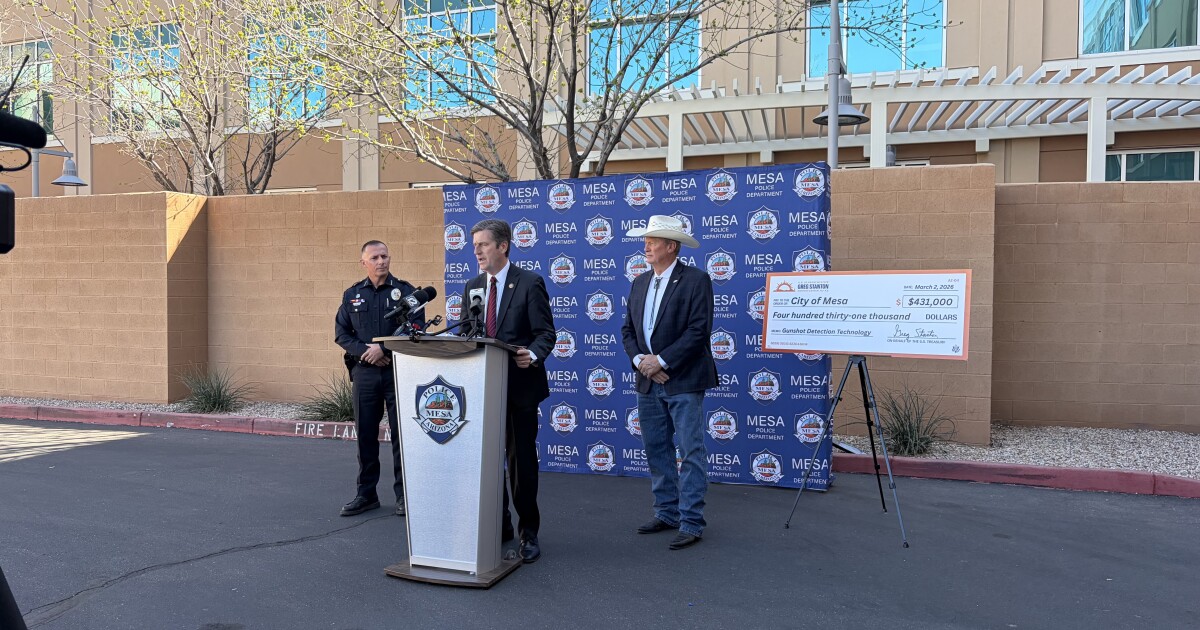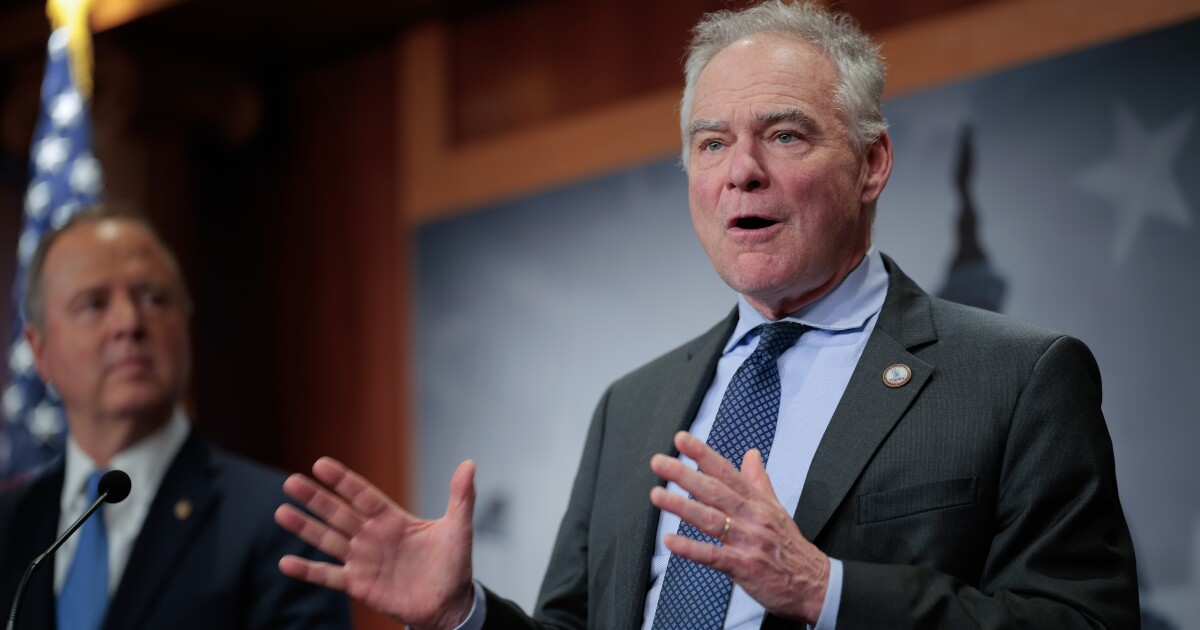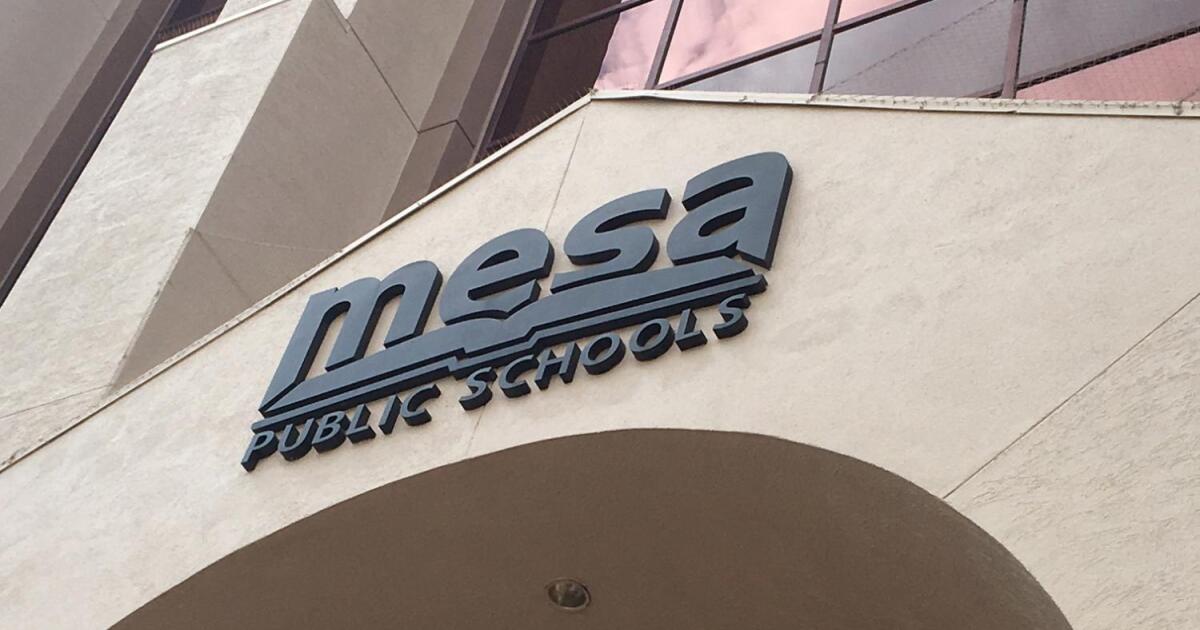Hi! You’re reading the It’s Just Politics newsletter. Subscribe here to get it delivered to your inbox, and listen to the It’s Just Politics podcast for all the political news you need each week.
Michigan Faces Budget Challenges Amid Federal Legislation
Recent developments in federal legislation are creating a significant budget challenge for Michigan’s state government. With the enactment of the One Big Beautiful Bill Act (OBBBA), the state is now grappling with a $1.1 billion deficit in its fiscal plans. This financial strain is predominantly due to impending reductions in federal support for essential programs like healthcare and food assistance. The implications of this legislative change are profound, as highlighted by a comprehensive analysis from the nonpartisan Citizens Research Council of Michigan.
According to their findings, Michigan’s budget planners will need to make difficult choices to either ramp up spending or curtail services to mitigate the long-term impacts of these federal cuts. The political landscape further complicates this scenario, with the Republican-majority House and the Democrat-dominated Senate locked in a stalemate over the upcoming fiscal budget. This deadlock also affects negotiations concerning road funding and brings into question the fulfillment of Governor Gretchen Whitmer’s campaign commitments.
Bob Schneider, a Senior Research Associate at the Citizens Research Council, emphasized the unprecedented scale of the fiscal adjustments mandated by the OBBBA. “I don’t think we’ve seen anything in terms of the size of the cost shifting mandated by the Big Beautiful Bill anytime in the last several decades,” he commented, comparing it to the Affordable Care Act’s Medicaid expansions, though noting the dramatic shift in cost responsibility.
As the state evaluates the broader economic ramifications, Schneider warns of potential hospital closures due to reduced Medicaid reimbursements, which could affect not just Medicaid recipients but all residents in those areas.
Efforts to officially revise Michigan’s revenue projections for the fiscal year 2026 budget require a formal meeting involving the state’s budget chief and the fiscal directors of the House and Senate. Although the last Revenue Estimating Conference took place in May, the pressing financial situation suggests that another meeting may be necessary. Michigan Budget Director Jen Flood noted, “The federal reconciliation bill is hundreds of pages long and we’re still evaluating what the full impact is for the State of Michigan.”
The urgency of these fiscal challenges is underscored by the looming deadline. Without a resolution by October 1st, Michigan faces the possibility of a government shutdown, compounded by the daunting $1.1 billion shortfall.
Issues in Education and Earmark Reforms
Meanwhile, in the realm of education, Michigan continues to grapple with the outcome of its significant investments aimed at elevating the state’s educational standing. Despite spending billions, the state struggles with improving test scores, leading to a reevaluation of strategies. Bridge Michigan delves into these education challenges, highlighting the disconnect between financial input and academic outcomes.
In a separate development, Governor Whitmer is advocating for increased oversight on earmark spending. Following controversies involving misallocated funds, Whitmer’s administration seeks to enhance transparency and accountability in budget processes. This initiative is part of a broader effort to address fiscal governance in the state, as reported by The Detroit News.
Join the Conversation
Have questions about Michigan politics? Or, just want to let us know what you want more of (less of?) in the newsletter? We always want to hear from you! Shoot us an email at politics@michiganpublic.org!
What we’re talking about at the dinner table
Tax dollars for schools: Invest in MI Kids, the campaign to tack a surcharge onto the income tax bills of Michigan’s wealthiest taxpayers, is going ahead with its petition campaign with or without the approval of a state board. Despite facing opposition and procedural hurdles, the initiative aims to secure funding for education by leveraging additional tax contributions from high-income earners.
—
Read More Michigan News










